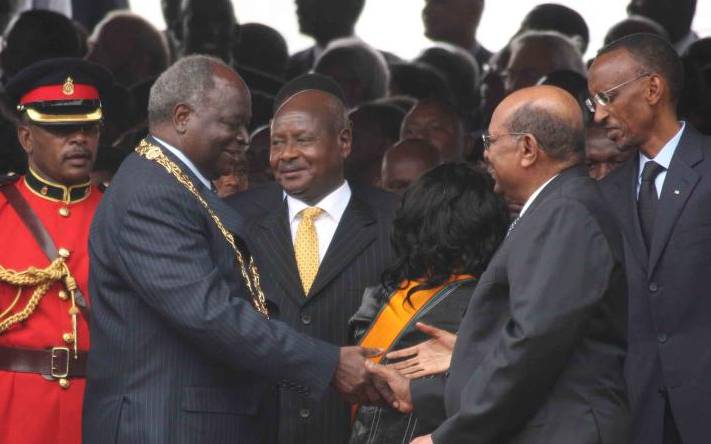×
The Standard e-Paper
Home To Bold Columnists

Presidents Mwai Kibaki, Yoweri Museveni (Uganda), Paul Kagame (Rwanda) and Sudan's Omar al-Bashir after the promulgation of the new constitution at Uhuru Park on August 27, 2010. [Stafford Ondego, Standard]
As the 2010 Constitution turns 10, Kenyans should reflect and refocus on four key issues: implementation, reversals, reform and implementation. My argument is three-pronged.